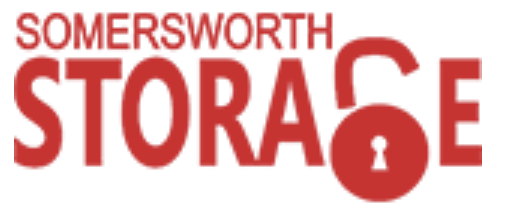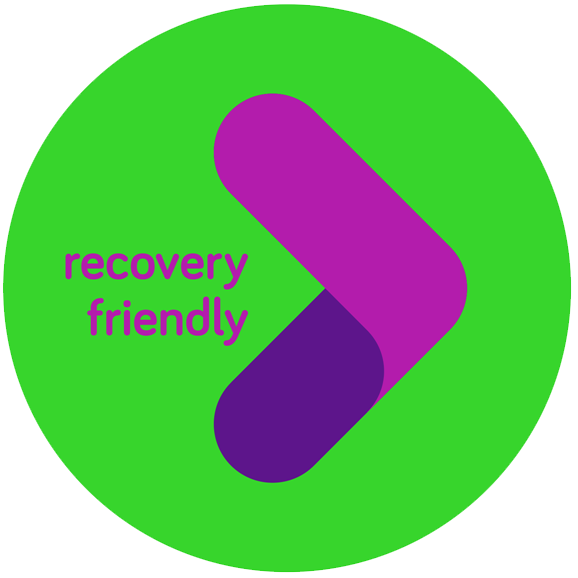July 17, 2020
Governor Janet Mills announced today a series of steps her Administration is taking to assist and support school systems across Maine as they consider whether and how to return to in-classroom instruction this fall. Each of these actions aims to provide essential support to promote a safe return for children, teachers, and school staff.
To that end, the Governor announced today that the Maine Department of Education, in close partnership with the Maine Center for Disease Control and Prevention (Maine CDC), has updated its “Framework for Returning to Classroom Instruction” to include health and safety precautions that all schools must follow if they decide to return to in-classroom instruction to ensure the safety and well-being of students and staff. The Governor also announced that these science-based protocols, which follow national best practices and include the use of face coverings and physical distancing, will be financially supported by up to $165 million in Federal CARES Act funding that she has authorized to be distributed to school systems across Maine.
Further, Governor Mills also announced that her Administration will provide school superintendents and school boards with public health guidance in the form of a three-tiered health advisory system to assist them in making decisions about whether and how to bring students back to the classroom. This new tiered system, developed by the Maine Department of Health and Human Services (DHHS) and the Maine CDC, will take into account public health metrics on a county by county basis and translate them into three, regularly updated color-based categorizations.
These developments come after an announcement by the Mills Administration earlier today that the Governor is providing $8.4 million in additional CARES Act funding to childcare providers to offset the higher cost of caring for children due to COVID-19.
“Like many parents and teachers, I am concerned about the children who are being left behind and the inequities that have been exacerbated by this pandemic. For the sake of Maine children, their futures, and the livelihoods of Maine families, returning to classroom instruction when it is safe to do so must be our shared goal,”said Governor Mills. “But that goal cannot be achieved at the expense of peoples’ health and safety, regardless of what the Trump Administration says. I want students, parents, teachers, and school staff to feel safe and confident in returning to school. That is why my Administration will provide public health guidance and financial support to assist local officials as they determine what is best for their communities, their students, and their staff. The actions we are taking today are a step in that direction.”
“School leaders have been tasked with developing multiple plans for instruction, implementing new protocols, and making extraordinarily difficult decisions in order to provide for both the education and safety of our students and ensure the health and well-being of the entire school community,” said Pender Makin, Commissioner of the Maine Department of Education. “The importance of our public education system has never been more evident, as we work to keep our people, our economy and our future healthy, and I am honored to work alongside my dedicated colleagues in education.”
“The health of Maine’s schools is vital to the health of our state as a whole,” said Jeanne Lambrew, Commissioner of the Maine Department of Health and Human Services. “We are committed to providing public health guidance and information to promote the health and safety of students, teachers, and school staff as Maine people continue their commendable response to COVID-19.”
“We will follow the best available science to support our colleagues at the Maine Department of Education and local school districts as they take steps to educate Maine students safely and effectively,” said Dr. Nirav D. Shah, Director of the Maine CDC. “Science has guided our planning and response to the pandemic, and it will continue to do so as Maine prepares for a new school year.”
Updated Framework for Return to Classroom Instruction:
The Maine Department of Education has published a “Framework for Returning to Classroom Instruction (PDF)” that is intended to provide non-mandatory guidance to school systems as they each consider whether and how to return to in-classroom instruction this fall. The framework, which is subject to revision amid emerging evidence about the pandemic, is divided into five sections that provide a variety of considerations for school systems. Importantly, the Framework encourages school systems to be prepared for three scenarios: 1) a return to in-classroom instruction for all students when the risk of COVID-19 is low and schools have adequate capacity to implement health and safety requirements; 2) a hybrid instruction plan that involves a combination of in-classroom and remote instruction plans when the risk of COVID-19 is elevated; and 3) a fully remote instruction plan when the risk of COVID-19 is high. Earlier this year, the Mills Administration secured internet access and devices to facilitate at home learning for 100 percent of Maine school children for whom there was a reported need and continues to address additional connectivity needs as they are identified by school leaders.
Today, the Maine Department of Education updated this Framework to include a series of health and safety precautions that all schools must follow to protect the safety and well-being of staff, students, and their families if they decide to return to in-classroom instruction. These protocols were developed by public health experts and include:
- Symptom screenings before coming to schools
- Physical distancing within school facilities
- Wearing face coverings
- Practicing proper hand hygiene
- Wearing personal protective equipment when in close proximity to students
- Remaining isolated at home if sick until meeting criteria to return to school
Additional guidance is available to help School Administrative Units (SAUs) implement these health and safety measures. More details about these requirements are attached and can be read on the Maine Department of Education website at 2:00 p.m.: https://www.maine.gov/doe/framework
Financial Support Through the CARES Act
Recognizing that school systems face unprecedented, unbudgeted costs that are too great for communities to bear alone, Governor Mills has authorized $165 million in Federal CARES Act Coronavirus Relief Fund (CRF) monies to be distributed to SAUs across Maine. This funding will support school systems as they implement new health and safety protocols to protect students, staff, and their families.
The funds will be distributed based on an equitable, weighted formula that the Maine Department of Education has developed in collaboration with School Superintendents from across Maine. Next week, the Maine Department of Education will inform each SAU of its maximum allocation according to the formula. SAUs will then complete an application describing how the funds will be spent in order to remain within the constraints Congress has placed on the use of CRF monies. Once the applications are approved, SAUs can begin submitting receipts for reimbursement of approved expenditures.
The Maine Department of Education has identified $328 million in need to help school systems across Maine. The Mills Administration views the funding dedicated today as an important initial investment to help schools prepare for in-classroom instruction but recognizes that more funding is necessary for ongoing operations. The Administration is hopeful that Congress will provide greater aid to Maine school systems in the coming weeks and months.
School Health Advisory System
To support and inform local SAU decisions about whether and how to bring students back into the classroom, the Maine Department of Health and Human Services and the Maine CDC have developed a three-tiered health advisory system.
This new tiered system, which will be based on a holistic assessment of quantitative and qualitative information that includes but is not limited to recent data on case rates, positivity rates, and syndromic data, will break down into three-color based categorizations by county: red, yellow, and green.
- Categorization as “red” suggests that the county has a high risk of COVID-19 spread and that in-person instruction should not be conducted.
- Categorization as “yellow” suggests that that the county has an elevated risk of COVID-19 spread and that hybrid instruction models should be adopted.
- Categorization as “green” suggests that the county has a relatively low COVID-19 risk and that in-person instruction can be adopted, although an SAU may opt for hybrid instruction if its buildings or readiness make adhering to baseline requirements a challenge.
These recommendations are intended to be advisory in nature and pertain only to the unique circumstances of schools. Given the large and varied nature of counties in Maine, SAUs within a county or spread across multiple counties may adopt a reopening policy that differs from this county-based categorization of COVID-19 risk. Maine DHHS and Maine CDC will not review SAU-specific plans.
The health advisory system will be posted on the Department of Education website beginning July 31st and updated on a biweekly basis, which allows for sufficient time to capture trends.
The Administration has briefed the Chairs and Leads of the Legislature’s Committee on Appropriations and Financial Affairs and the Education Committee on the use of the CRF monies.



.jpg)
